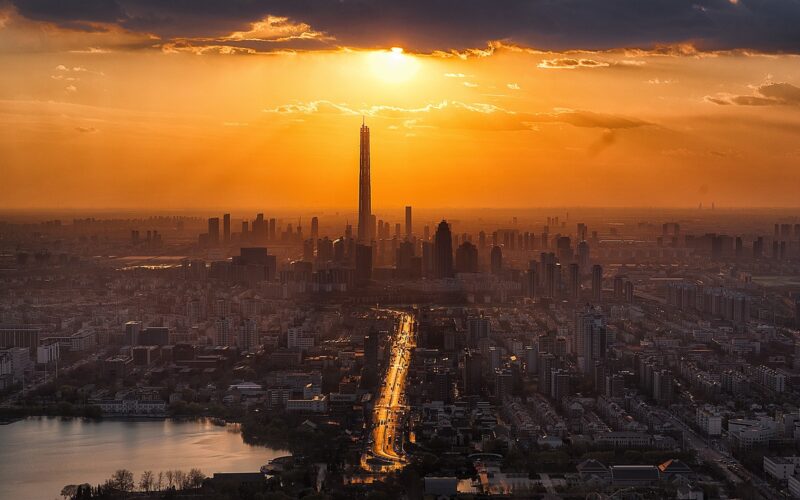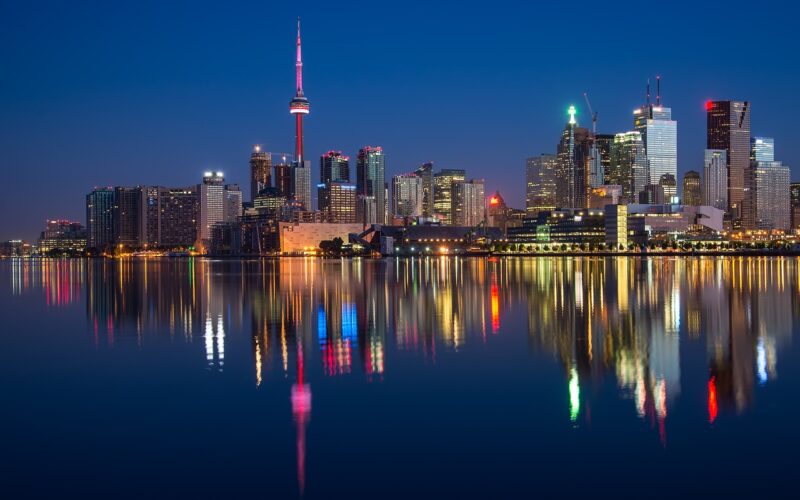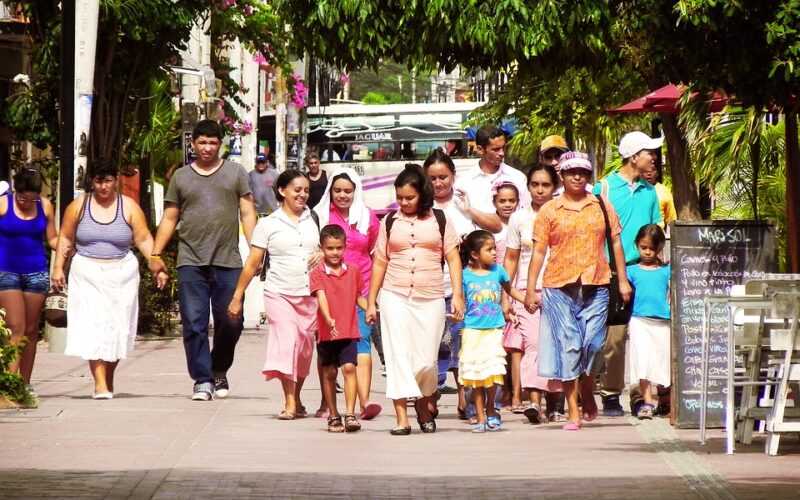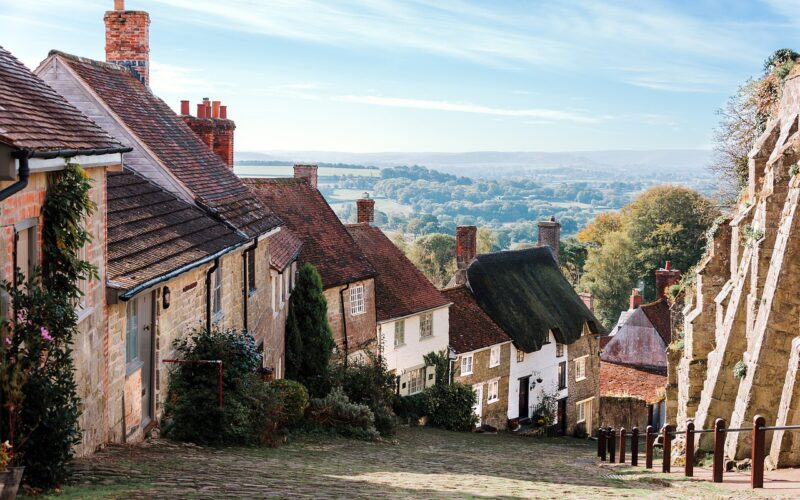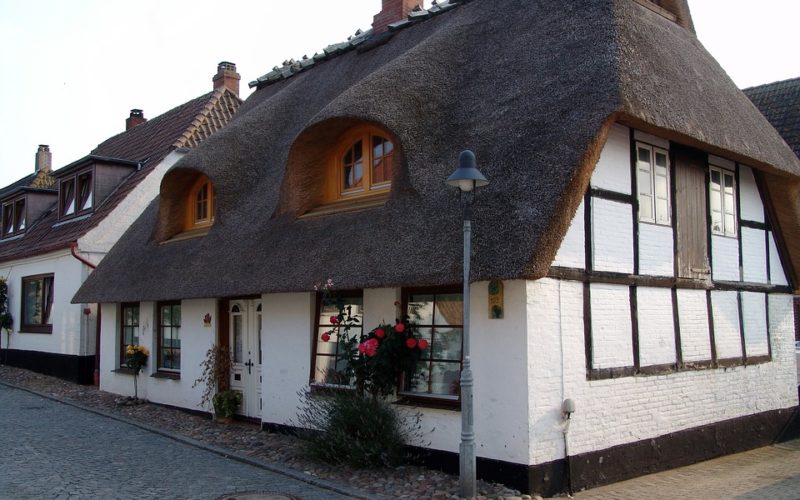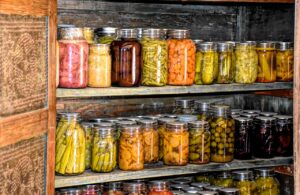What makes a city a great place to live? A good city to live in is somewhere that has a variety of things to do, is safe, and has a good infrastructure. It's important to feel like you belong somewhere, and cities that have a strong sense of community are usually the best places to live.
Infrastructure
A city's infrastructure includes the basic systems and services that keep it running. This includes everything from the roads and pavements to the power lines and water pipes. For a city to thrive, it must have a well-functioning infrastructure that meets the needs of its citizens.
Good roads are essential for both people and goods to move around freely. Without them, traffic would grind to a halt and businesses would suffer. Public transportation is also vital for keeping a city moving. It allows people to get to work, school, and other destinations without having to rely on their vehicles. It can also help to reduce traffic congestion and pollution levels.
Schools are essential for providing children with the education they need to succeed in life. They are also important for attracting families to move into a city. A quality school system can help to make a city more attractive to businesses as well.
Finally, the health infrastructure must be considered. A city must have hospitals and doctors available to its residents.
Economic opportunities
A city needs businesses and jobs to provide residents with a good quality of life. Economic opportunities are critical for attracting and retaining residents, as well as for ensuring that city services are affordable.
Businesses provide the tax revenue that pays for city services, and they also create jobs. The more businesses there are in a city, the more job opportunities there are. Jobs provide residents with income and spending power, which in turn supports businesses. In addition, jobs give people a sense of purpose and satisfaction. A city with a strong economy is a vibrant and thriving place to live.
Safety and Community
Making citizens feel that safety is one of the most important responsibilities of a government. When people feel unsafe, they are less likely to leave their homes, interact with their neighbours, or shop in local businesses. This can lead to a decline in the quality of life for everyone in the community. There are several ways that governments can help to make residents feel safe.
One is by working with police to improve neighbourhood patrols and response times. Another is by maintaining well-lit streets and public areas.
Finally, cities can also help to create a sense of community by investing in programs and events that bring people together. When people feel safe and connected to their neighbours, they are more likely to create a thriving city.
Culture and Diversity
A great city is enriched by its many cultures and the different people who live there. A city's culture is evident in its art, music, cuisine, and architecture. The diversity of a city's residents adds to its culture and makes it more vibrant.
In addition, a diverse population can help a city become more cosmopolitan and open-minded. As the world becomes increasingly interconnected, cities that embrace diversity will be better positioned to compete on the global stage.
Quality of life
A great city has plenty of parks, restaurants, and cultural attractions for residents to enjoy. Parks provide a place to relax, exercise, and enjoy the outdoors. Restaurants offer a variety of cuisines and dining experiences.
Cultural attractions include museums, theatres, and concert halls. All of these factors contribute to the quality of life in a city. Parks and recreation facilities promote physical activity and provide opportunities for social interaction. Restaurants add to the culinary options available to city residents and provide a gathering place for friends and families. Cultural attractions enrich the lives of city dwellers by providing access to art, history, and entertainment. When all of these elements are present, it creates a vibrant city with a high quality of life.
